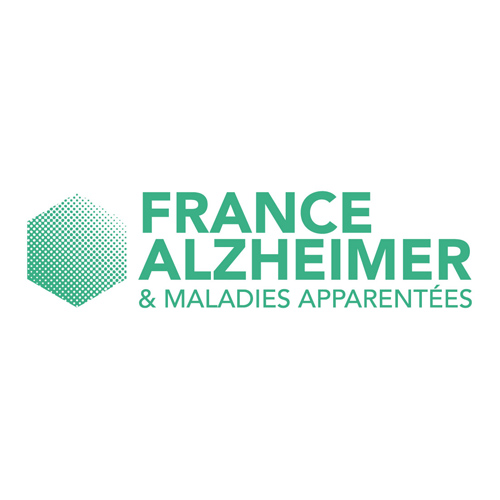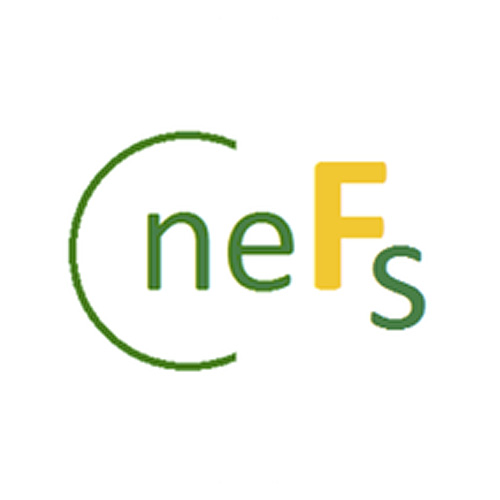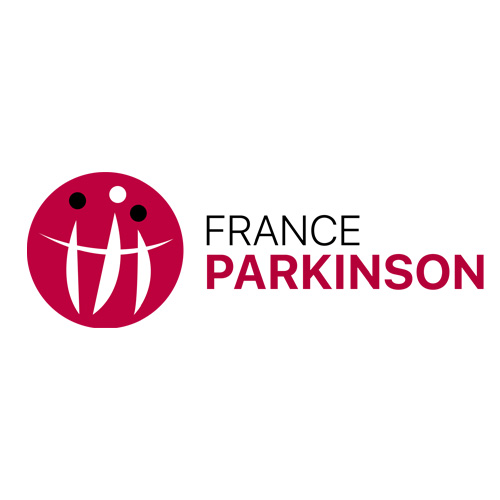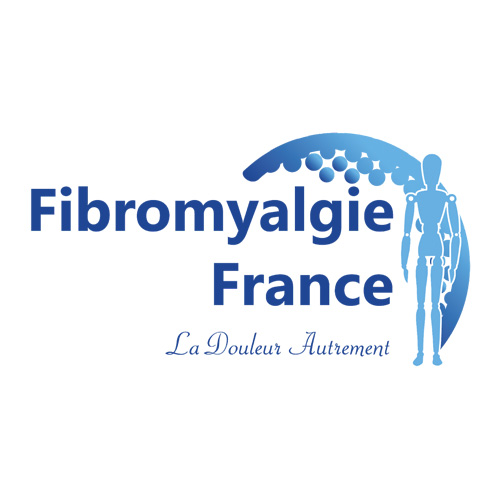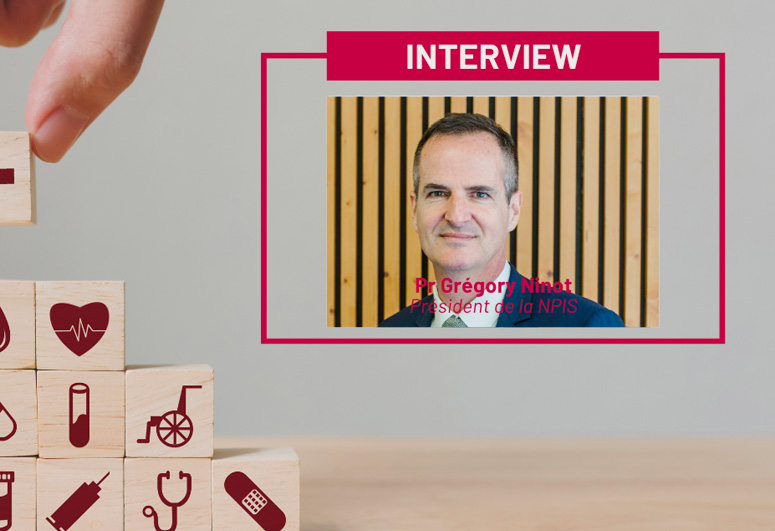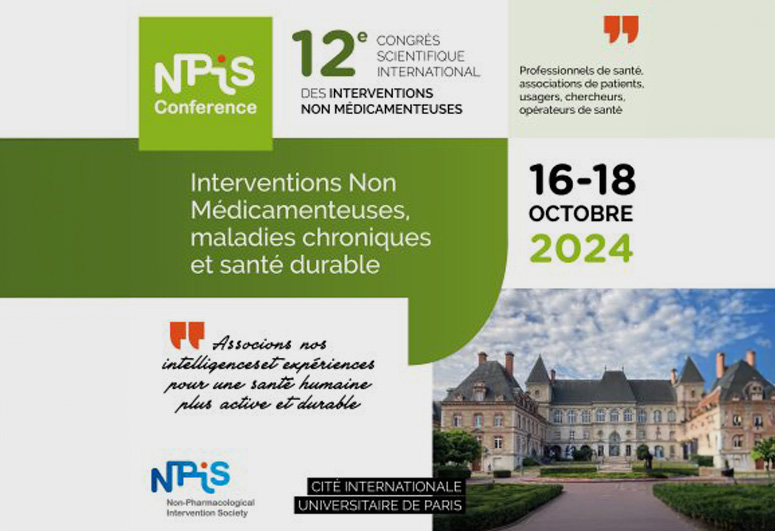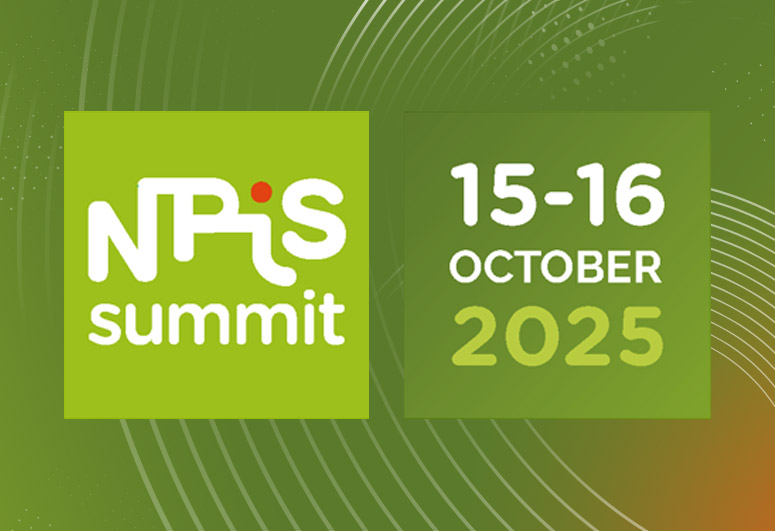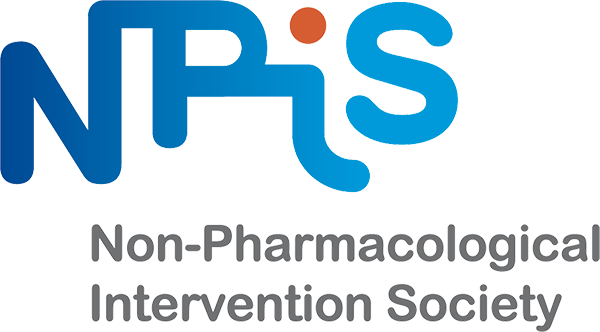What's an NPI ?
The NPIS Registry: why ?
Who is this platform for?
-
I am a citizen, a patient, a caregiver or a professional on a first visit

-
I will be able to easily find information on interventions that are actually INMs. I will also be able to provide feedback on usage. If I want to go further, I will be directed to the conditions for accessing all the data and features of the INM Repository.
-
I am a healthcare professional wishing to access all INM files

-
I will be able to find complete information on INM protocols to deepen my knowledge and practices. I will be able to provide feedback on use.
-
I am a representative of an authority, institution or organization related to health

-
If my practice organization is a partner of the NPIS, I will be able to access all the data and functionalities of the INM Repository.
-
I would like to submit a proposal for a new INM in the Repository

-
If my project meets the definition of an INM and if it is sufficiently supported by scientifically conducted studies, I will be directed to a form which will allow me to write the INM file relating to my project.
-
I am an expert selected under the INM file validation procedure

-
If I have received an email from NPIS accrediting me as an Expert in a defined field, I will be able to register to participate in the expert procedure for which I have been requested.
Become a Submitter
Learn more about NPIS and NPI :
NPIS Questions and Answers
-
Why a transdisciplinary evaluation model for NPI?

-
As of April 2019, there were 46 evaluation models for NPI in the scientific literature (Carbonnel and Ninot, 2019). These models were constructed by researchers for researchers, often from a monodisciplinary perspective and rarely from a patient-centered approach. This led to significant heterogeneity in study protocols and the way NPI were conceived (approach, method, technique, or materials). The results were scattered, debatable, poorly transferable, and rarely reproducible. Consequently, these practices were not widely recognized outside the study context (dependent on the establishment and/or practitioner). This situation raised doubts about their effectiveness (e.g., efficacy, safety, relevance, utility, cost-effectiveness), their content (e.g., heterogeneity in doses, procedures, ingredients, techniques, contexts, target populations), their approval (e.g., ethics committees), their dissemination (e.g., conflicting reviewer opinions), their teaching (e.g., protocols, best practices), and their recognition (e.g., authorization, integration into official classifications, reimbursement). This lack of a consensual evaluation model for NPI suggested that each professional had to reinvent their program for every new patient, given the wide or contradictory recommendations from authorities, agencies, and scientific societies. It also implied that only the patient-provider relationship mattered in the health effects induced (Ninot, 2020). Moreover, it left the door open for pseudoscientific practices and, more broadly, parallel medicine, along with all the obscurantist, health-related, sectarian, political, and judicial issues that are known in France (Miviludes, 2022; CNOI, 2023; CNOM, 2023) and around the world (Ernst and Smith, 2018). This idea was also gaining traction in the United States in the field of oncology, aiming to juxtapose two medical offerings: one based on experimental science, primarily focused on surgery, medication, radiotherapy, and medical devices, and the other described as "complementary, integrative, or traditional," based on individual experience, opinions, and traditions (Mao et al., 2022). This second offering claimed exclusivity in the domains of prevention and care, emphasizing care for the person versus cure for the disease. Thus, the NPIS Model was co-constructed with the idea that experimental science could demonstrate the existence of effective, safe, and reproducible prevention and care protocols. This work was supported by seed funding for participatory research from INSERM and involved over 1,000 participants under the guidance of a committee of 22 multidisciplinary experts, including two user representatives. This transdisciplinary innovation is currently supported by 30 French scientific societies, the National Center for Palliative Care and End of Life, INCa, and the French Platform for Clinical Research Networks.
-
Why an international scientific society for NPI ?

-
NPI are a field in which many amalgamations occur between scientific knowledge and opinion, due to their objective—human health—and their operational mode, which involves immaterial protocols. However, it is essential to learn to distinguish science from research amidst the multiplication of tools and information channels (Klein, 2020), particularly on the subject of NPI. The same communication channels transmit both scientific knowledge and beliefs, opinions, comments... Information of different statuses becomes intertwined. Knowledge can turn into the belief of a particular community, and vice versa.
Research, on the other hand, pertains to questions for which we do not yet have answers. These well-defined questions still have no answer. A researcher works on the subject using various methods and strategies. Research fosters doubt. Scientific societies work to advance research within a specific territory and theme.
Given that NPI are universal health protocols centered on individuals and administered by humans, an international multidisciplinary scientific society needed to be created. This has been achieved since 2021. This society is called the Non-Pharmacological Intervention Society (NPIS). -
What is the added value of the NPIS Registry for a healthcare professional?

-
Accessible Protocols in Consultation
- Enhanced Quality and Safety: Strengthens the quality and safety of existing practices through formalization, harmonization, and securitization.
- Integration with Professional Software: Codified NPI can be integrated into healthcare management software.
- Digital Documentation: Access to documentation from computers, tablets, or smartphones for ease of use.
- Broad Validation: Extends validation to all relevant professionals in the region.
- Quick and Easy Access: Facilitates rapid access to information at critical decision-making moments for prevention and care.
- Simplicity in Tracking: Eases the follow-up and evolutionary process of best implementation practices (e.g., identifying barriers, professional leadership, availability of training and support).
Quality Control and Adherence to Protocols
- Traceability: Utilizes unique coded protocols for tracking.
- Strengthened Care Link: Enhances the relationship between care provision and patient support.
- Monitoring Relevant Indicators: Provides tools for tracking key performance indicators.
- Continuous Education Tool: Serves as a resource for ongoing professional development.
- Regular Updates: Incorporates regular updates based on user feedback.
Means of Valuation
- Response to Identified Multidisciplinary Issues: Addresses problems identified by healthcare teams in a specific territory.
- Extended Roles for Various Professionals: Expands the roles of many professionals, particularly non-physicians.
- Elimination of Ineffective Protocols: Phases out protocols that are ineffective, hazardous, or costly.
- Reduction in Meeting Time: Decreases the need for multiple meetings focused on intervention planning.
- Support for Innovation: Encourages professionals to experiment with new practices, boosting their confidence.
- Financial Valuation: Ensures appropriate financial and resource allocation for effective implementation.
-

-
-

-
-
Is a global alliance for NPI possible?

-
An alliance for NPI is essential today in response to siloed proposals from various disciplines (biology, psychology, public health), professions (medical, paramedical, educational, social), sectors (prevention, care, support for autonomy, social services, education, end-of-life care, disability), and currents (traditional or scientific medicine) at both national and supranational levels. The NPIS brings together these scattered and sometimes divided stakeholders to foster better understanding, practice, and recognition of NPI. The scientific society contributes to developing an NPI ecosystem that is often overlooked. It mobilizes hundreds of professionals and users worldwide to address the public health challenges of the 21st century that are widely recognized.
It highlights essential NPI and best practices to be delivered to the right people at the right time in their journey without criticizing other health solutions. Specifically, the NPIS enables:- Research stakeholders to develop, evaluate, and promote NPI.
- Care, prevention, and social support professionals to enhance their skills and access best practice recommendations and implementation tools for NPI.
- Health operators to choose, organize, track, consolidate, secure, and sustain investments in NPI.
- National and supranational health agencies to improve their knowledge for designing effective strategies regarding NPI.
- Governments, non-governmental organizations, user associations, and health actor federations to establish a common language within a defined scope to create just, equitable, and sustainable policies.
After establishing a standardized evaluation model, the NPIS contributes to an interprofessional, intersectoral, and bipartisan alliance in favor of NPI. Through an annual global summit, it gathers all stakeholders in the ecosystem during the third week of October, known as the NPIS Summit. This significant event discusses the economic and regulatory structuring of the ecosystem with all parties involved. The 2024 edition will take place in a highly symbolic venue, the Cité Universitaire in Paris, a quintessential humanist space open to the world, science, and peace, created between the two world wars last century. Everyone can participate and contribute to this international dynamic aimed solely at legitimizing NPI within health system offerings without disparaging other solutions. This coalition is called the NPIS Alliance.
Our supporters
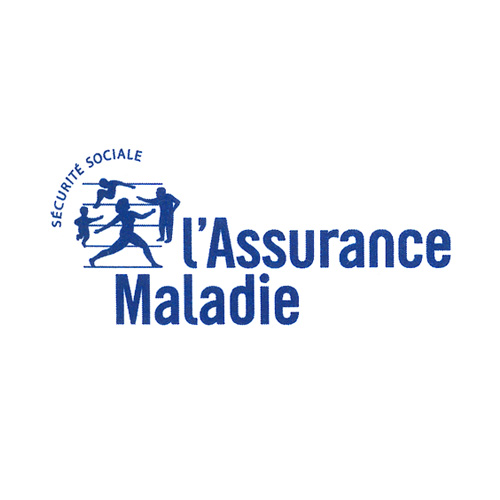
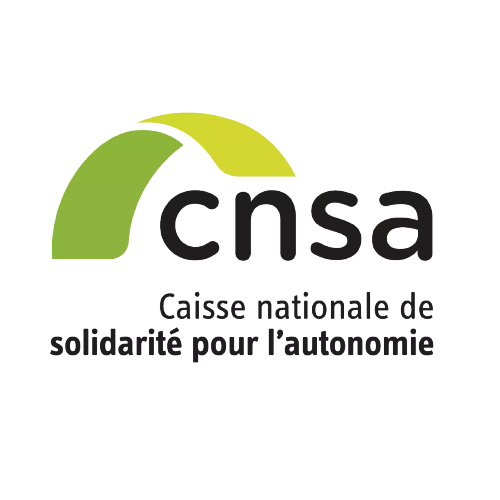
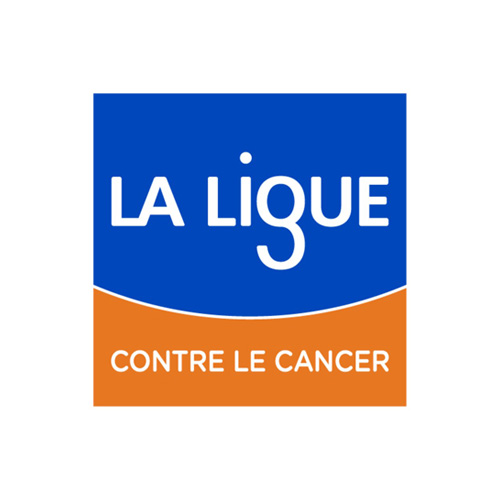
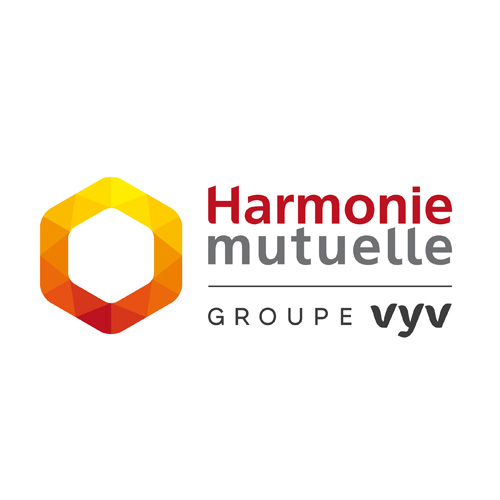
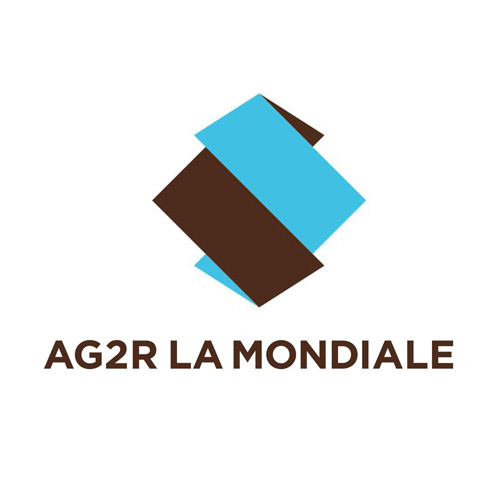
Our partners
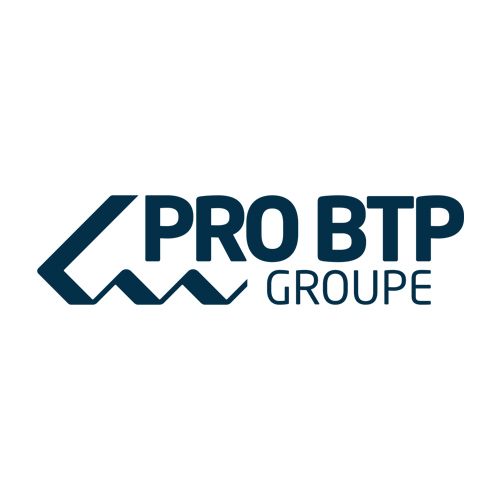
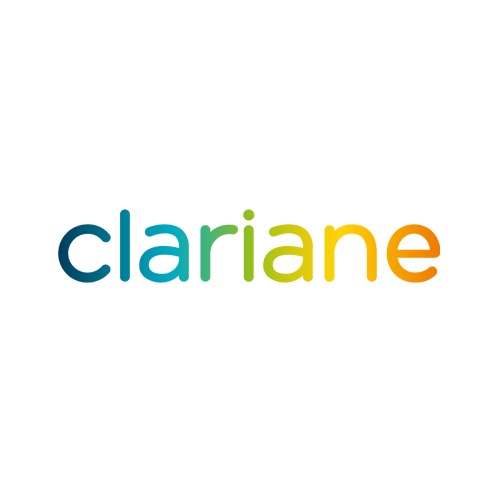
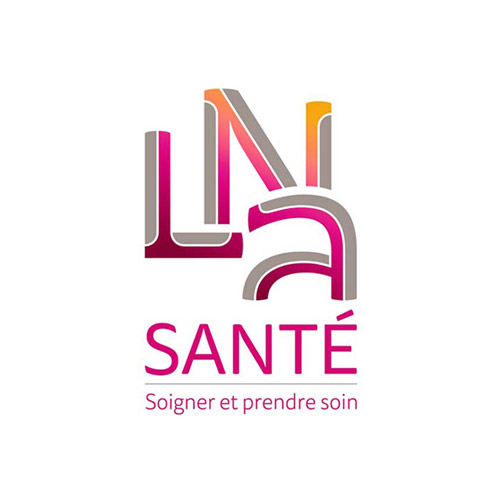
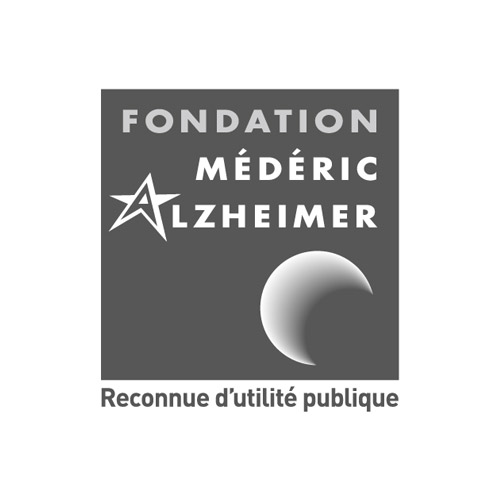
Our allies
